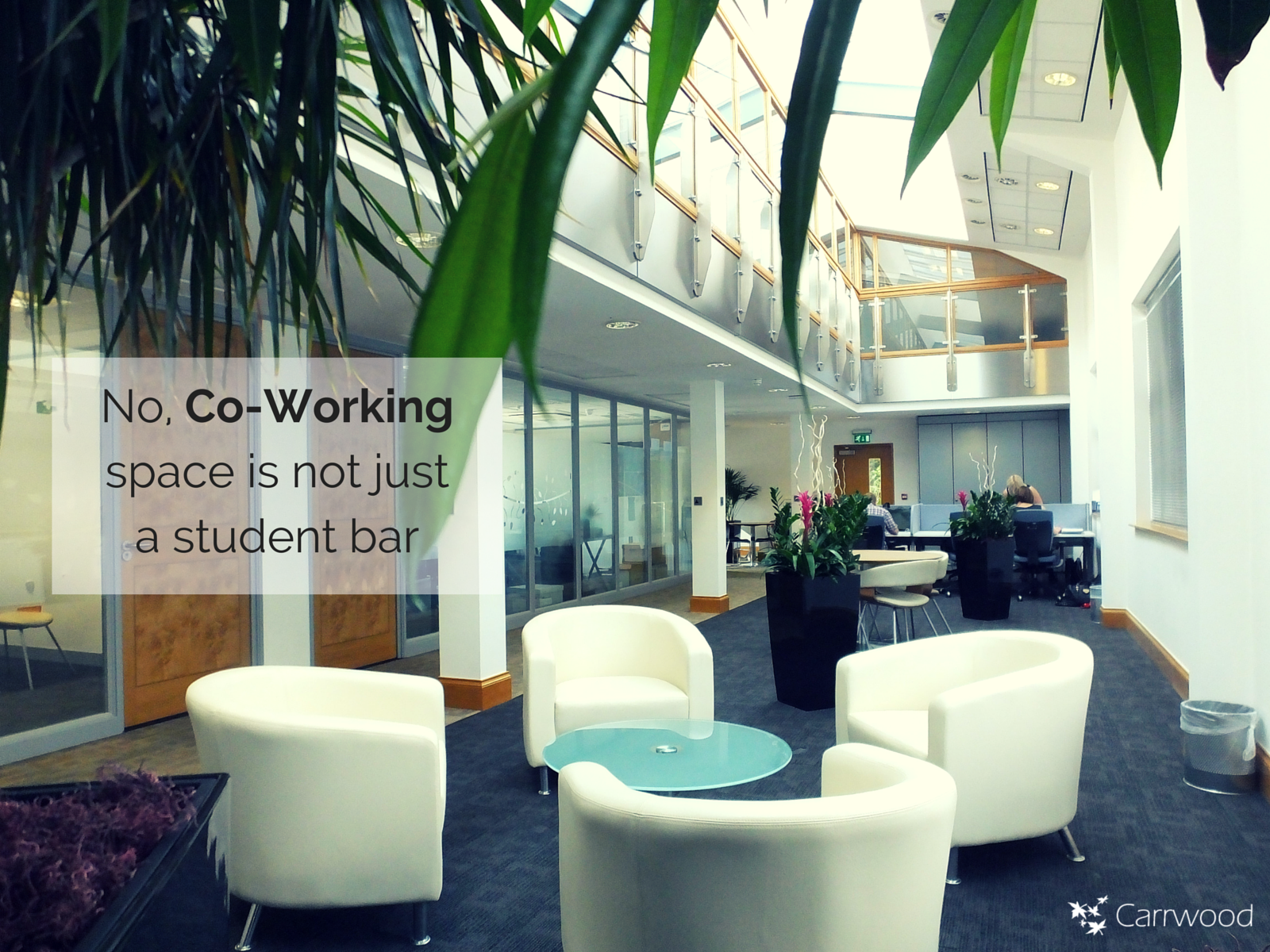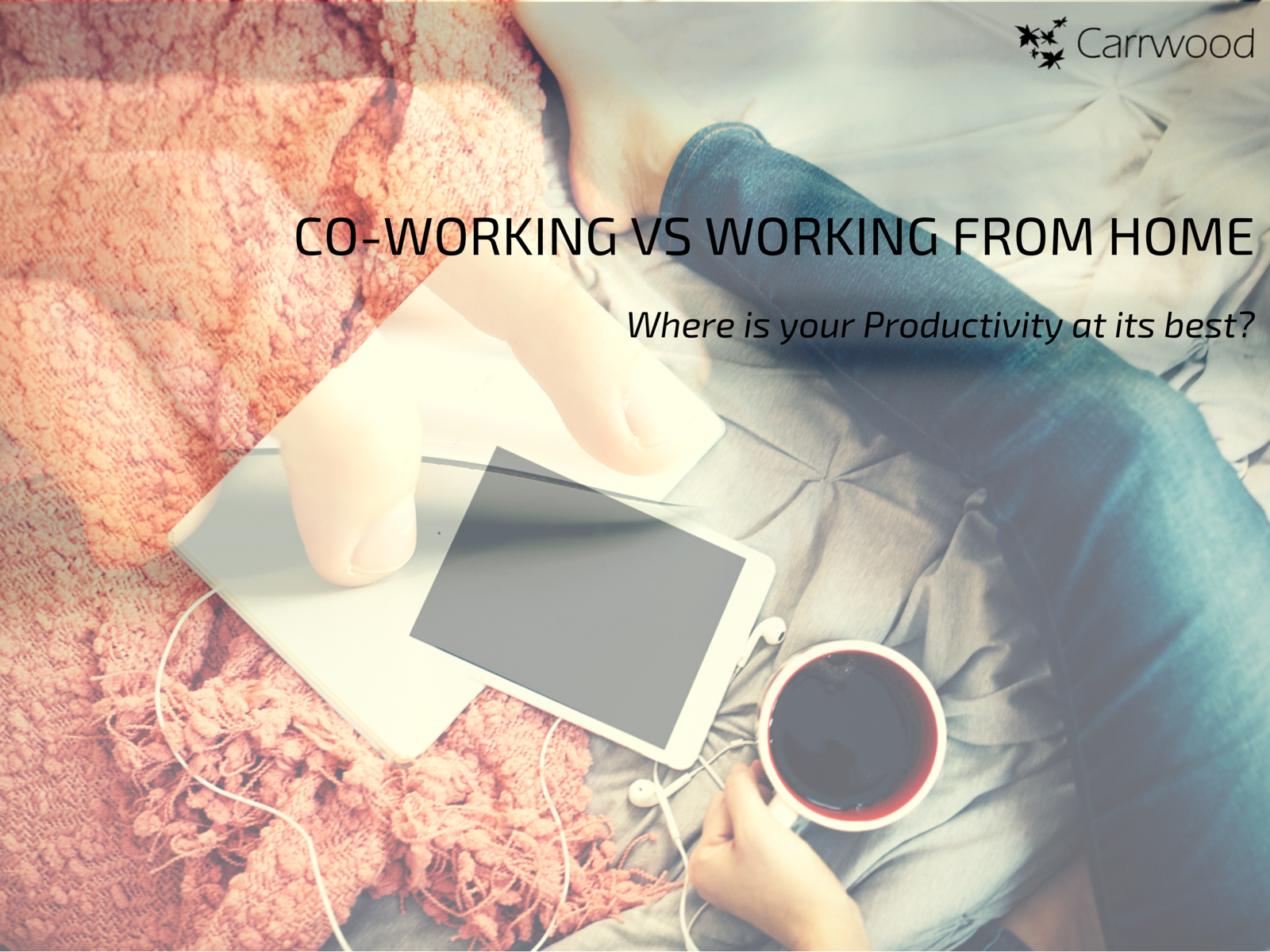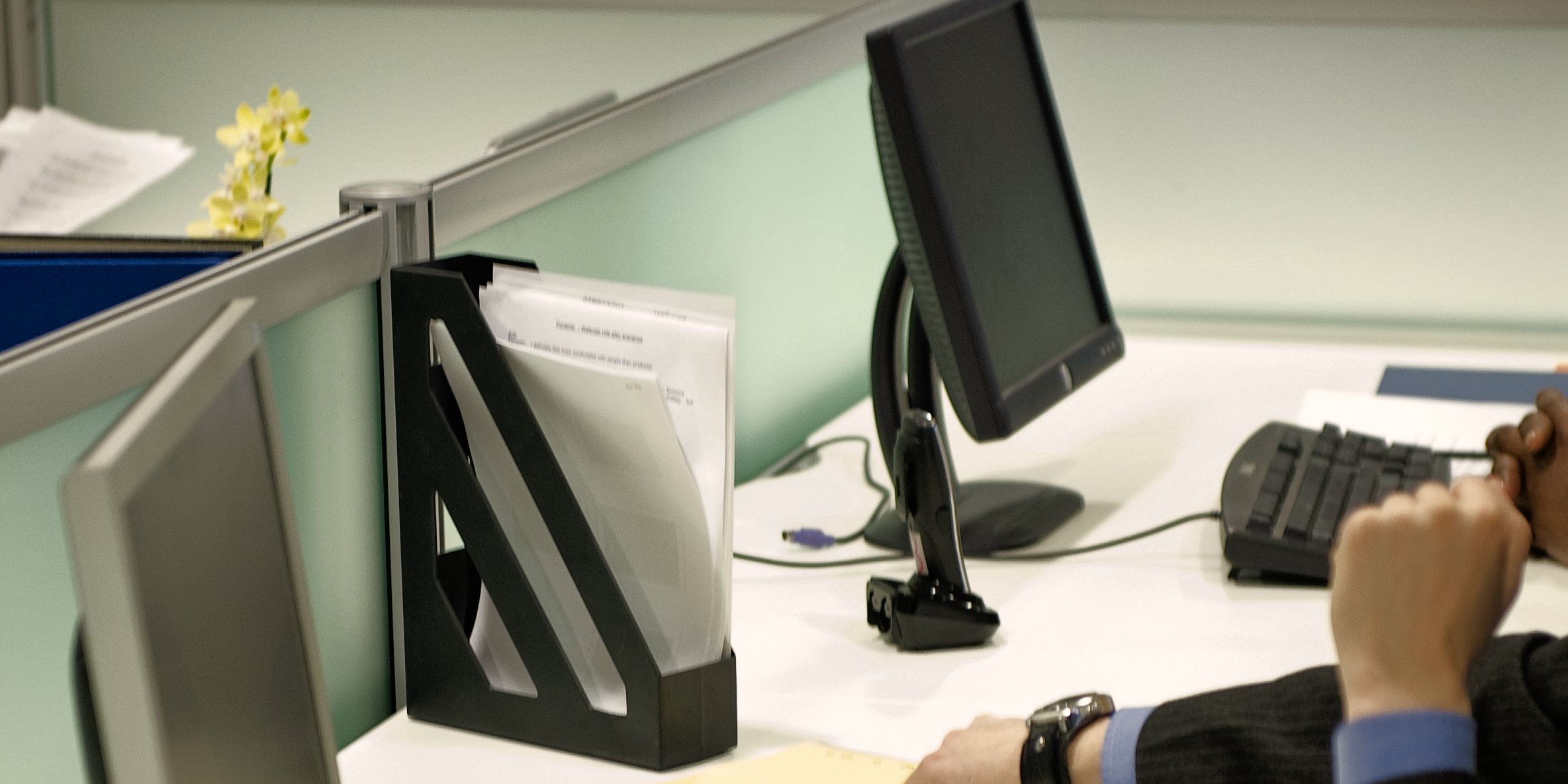Five essentials for keeping your team engaged when working remotely
One of the biggest challenges when it comes to working remotely, which we’ve encountered, is keeping connected to your team as well as engagement. Without face-to-face contact on a daily basis, employees can often feel disengaged as they are cut off from the day-to-day rhythm of business and one step removed from your company culture and goals.
We’re all human, which means we thrive on human interaction, which is one of the key things we miss when working from home. This can in turn impact company culture. With that in mind then, how can we ensure your teams are getting what they need in order to remain engaged and continue to produce their best work during this period.
To help keep your team motivated and engaged while working remotely, we’ve put together our top 5 tips:
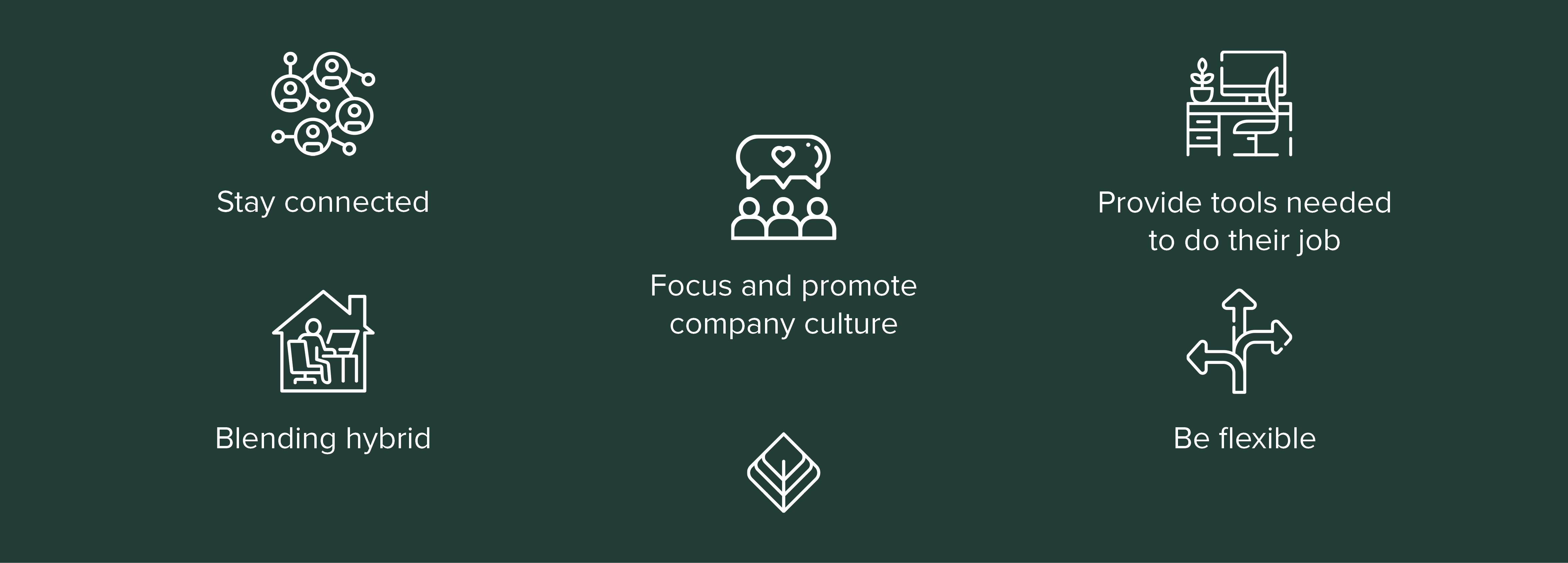
1. Stay connected
When working remotely, technology is key. Keeping open and effective communication channels are so important when managing a team remotely, and using communications platforms such as Teams, Zoom, Asana etc. are effective ways to maintain that connection, while effectively managing remotely the delivery of tasks, even if you’re not in the same room.
Be sure to also utilise your video conferencing options in order to keep that face-to-face interaction and collaboration that would potentially be affected when working from home if not managed correctly. Emails and phone calls are all well and good but having the ability to see your team while you’re discussing business topics can help your team feel more present in the office environment and allows you to get a better sense of engagement through body language.
And in terms of timing for these calls, we’re not saying you have to be checking in every hour but arranging team meetings perhaps daily is a good way to ensure everyone is aligned before the start of the working day.
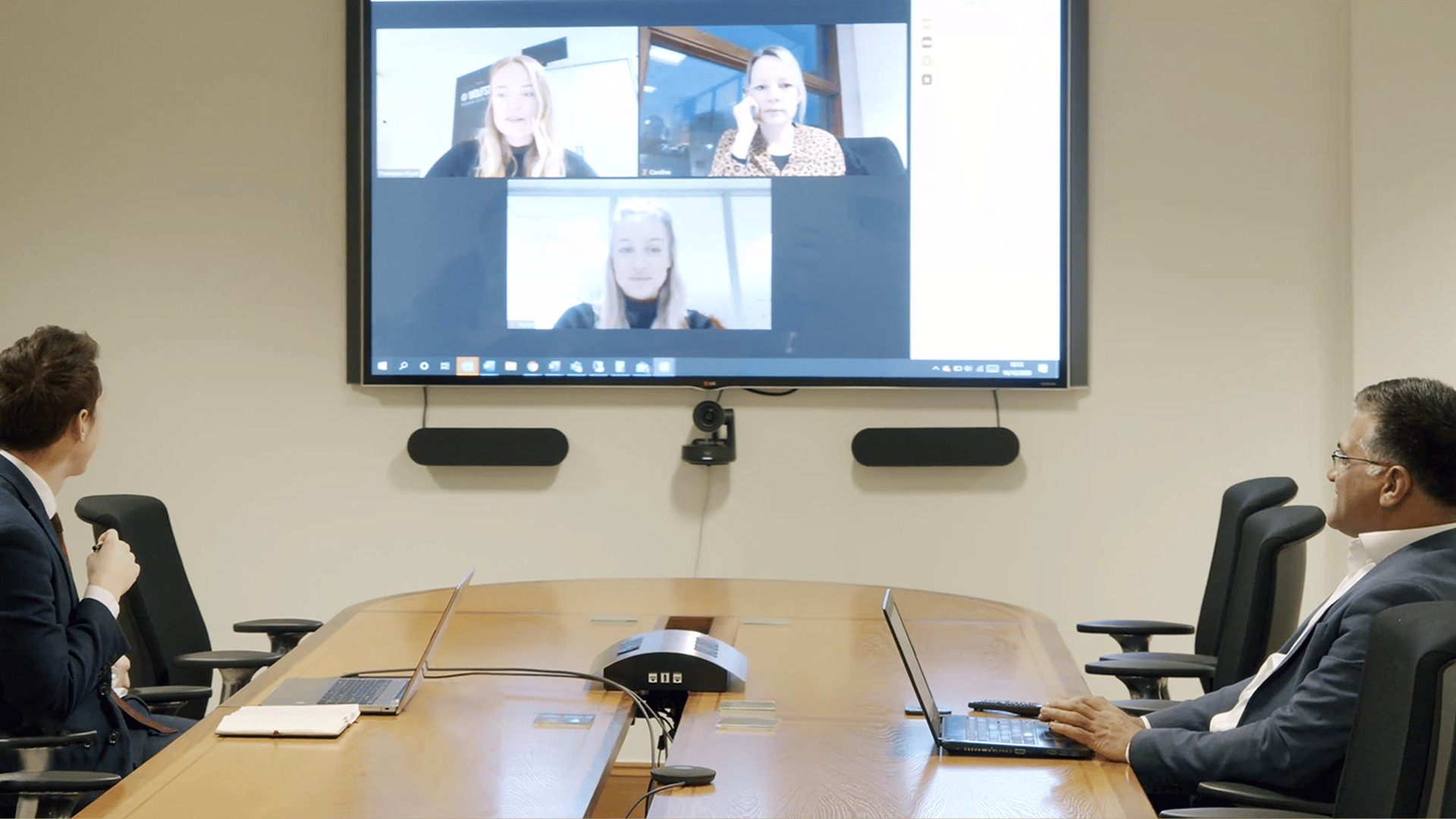
2. Give employees the tools needed to do their job
A key factor in ensuring your team feels engaged is empowering them to do their best work no matter where they are. By utilising the right tools and technology you can keep your team productive, connected and centred while also aligning their work life balance.
Utilising technology and specialist tools, such as laptops, mobile phone, online servers to access documents, also allow more flexibility for, your team, which in turn can make a positive impact on their productivity and engagement.
Where you need to be careful is in setting boundaries for your communication tools, ensuring that your teams work-life balance remains intact despite being at home. It’s important to ensure just because your team are working from home that their work doesn’t unintentionally impact and bleed into every aspect of their life.
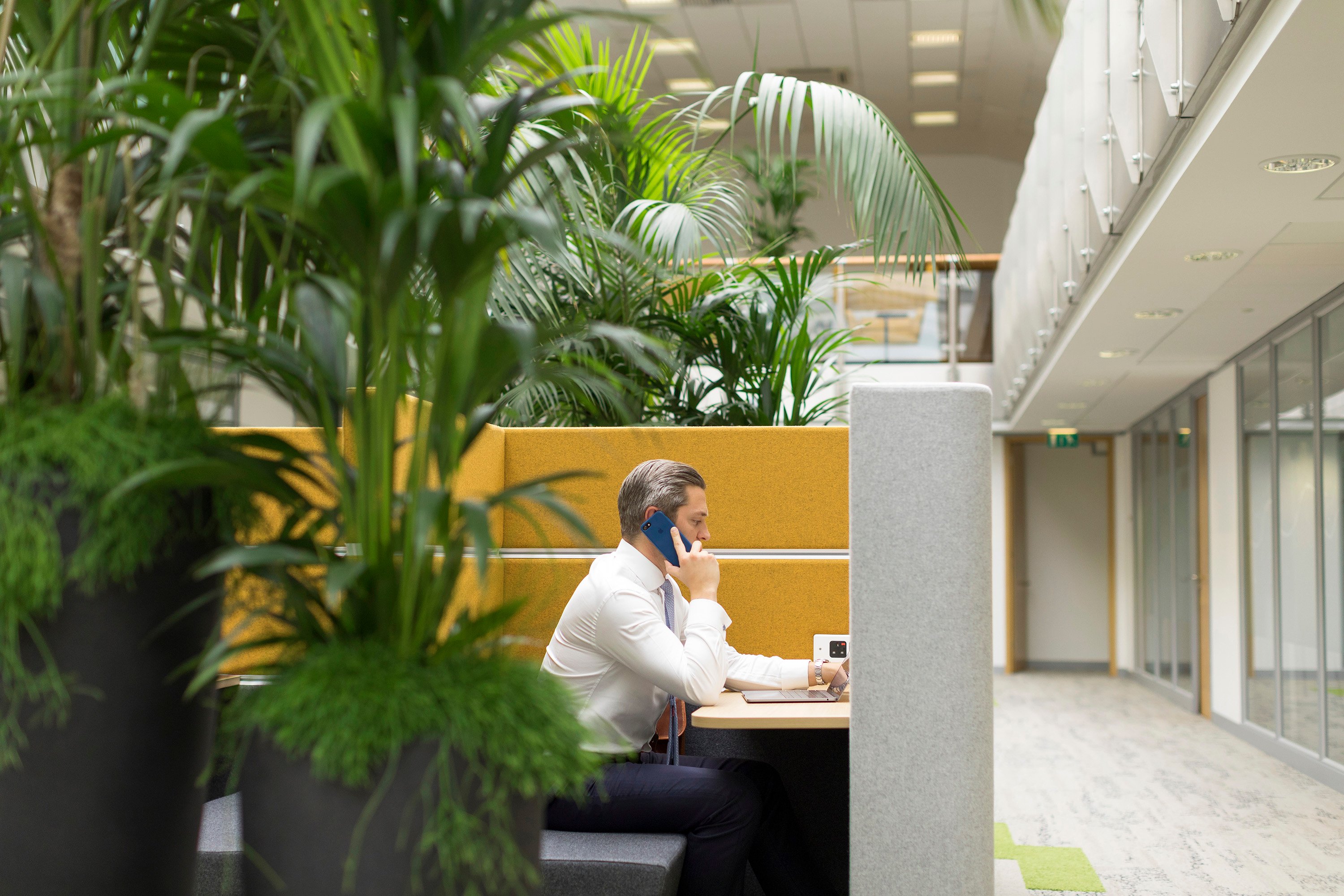
3. Keep focus on the company culture and promote when/where you can
Maintaining your company culture when your team isn’t in the office can be challenging. As it’s not possible to carry about the same team building and collaborative activities sometimes connections with team members can be lost.
One way to maintain your company culture while your team is working remotely is by being as open and honest with your team as possible, keep your team updated on what’s going on and ensure they don’t feel like things are being hidden from them. It’s vital to keep everyone informed both on the good news and the bad news.
It’s also important to show that you trust your team to get on with things. A number of studies have shown that employees who feel trusted are much more likely to have high levels of motivation and positivity too. According to a study by Queens School of Business and by the Gallup Organization, disengaged workers had 37% higher absenteeism, 49% more accidents, and 60% more errors and defects.
And where you can, maintain a sense of togetherness, even if that is virtual. Activities such as online team socials, virtual quizzes are a great way to achieve this.
4. Ensure team cohesiveness by blending hybrid options
Giving your team choice in where they work is key to keeping them engaged. Going forward, adopting a hybrid model gives your team the flexibility to choose where, when and how they work. For many businesses offering “hybridity” can provide a great way of maximising productivity and flexibility while empowering your team with and meeting the needs of your business.
Though a hybrid option can only work if all of the above are in place. For now, businesses who can are working from home, which in turn removes the element of choice, but once you’ve nailed the remote team engagement, employing a hybrid working strategy is the best way to empower your team and managers and ensure they remain productive and engaged, working in a way that they choose.
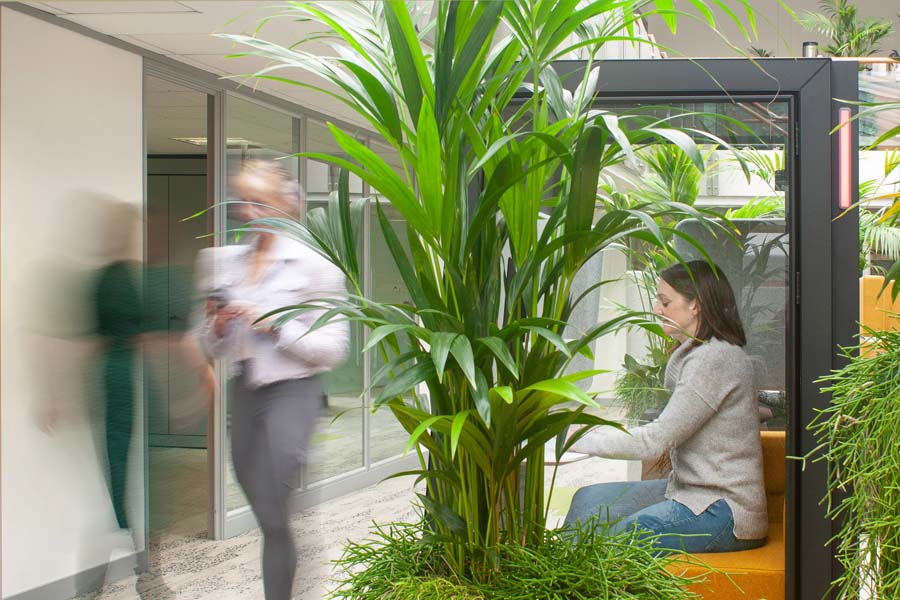
5. Be flexible
Try not to be too prescriptive with your day. While you may need some structure and set times for team meetings and collaborative sessions, ensure you’re giving your team the flexibility in how they carry out the rest of their work this includes the solutions you offer them.
At WorkWell our aim to create outstanding workspace solutions that allow our clients to attract, retain and promote the best teams for their business by providing a solution that can be configured to meet exactly what your business needs and your core objectives. Offices that not only offer an outstanding environment, but also hassle-free management, allowing you to focus on growing and developing your business.
For more tips and advice, sign up to our blog below.






